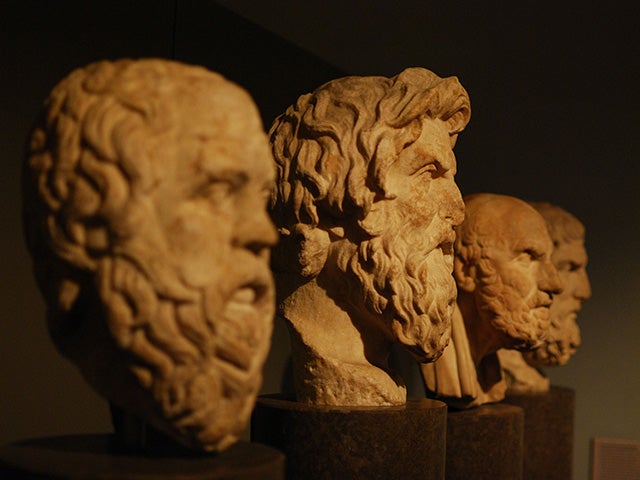The Nature of Mind
Instruction Mode: In-Person Instruction
Open Seats
10 Unreserved Seats

Instruction Mode: In-Person Instruction
Open Seats
10 Unreserved Seats

Instruction Mode: In-Person Instruction
Open Seats
12 Unreserved Seats

Instruction Mode: In-Person Instruction
Open Seats
12 Unreserved Seats

Instruction Mode: In-Person Instruction
Open Seats
10 Unreserved Seats

Instruction Mode: In-Person Instruction
Open Seats
10 Unreserved Seats

Instruction Mode: In-Person Instruction
Open Seats
16 Unreserved Seats

Instruction Mode: In-Person Instruction
Open Seats
16 Unreserved Seats

Instruction Mode: In-Person Instruction
Open Seats
11 Unreserved Seats

Instruction Mode: In-Person Instruction
Open Seats
11 Unreserved Seats

Instruction Mode: In-Person Instruction
Time Conflict Enrollment Allowed
Open Seats
8 Unreserved Seats
